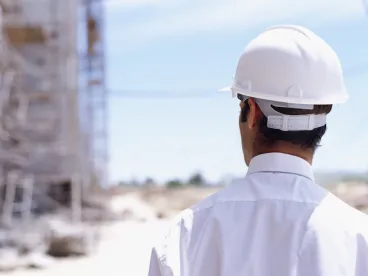Today, March 17, 2021, a bipartisan group of legislators introduced groundbreaking legislation aimed at advancing investments in large-scale carbon capture, utilization, and storage (CCUS) projects. The Storing CO2 and Lowering Emissions (SCALE) Act is cosponsored in the Senate by Chris Coons (D-DE), Bill Cassidy (R-LA), Cindy Hyde Smith (R-MS), John Hoeven (R-ND), Sheldon Whitehouse (D-RI), Shelley Moore Capito (R-WV), Tammy Duckworth (D-IL), Mike Braun (R-IN), Jon Tester (R-MT), Lisa Murkowski (R-AK), and Joe Manchin (D-WV), and in the House of Representatives by Marc Veasey (D-TX) and David McKinley (R-WV). This bill supports development of the transport infrastructure that is key to scaling up much-needed CCUS as well as carbon storage programs. It is a critical component of the clean energy transition and achieving a net-zero emission economy, which is a primary goal of the Biden Administration’s fight against climate change.
To achieve its objective of increasing investments in CCUS, the SCALE Act creates a new federal loan and credit program for large-scale CCUS projects that have been historically challenging to finance, called the CIFIA program (carbon dioxide transportation infrastructure finance and innovation program). CIFIA is modeled after the Transportation Infrastructure Finance and Innovation Act (TIFIA), which provides credit for transportation projects of regional and national significance. Governmental entities and public utilities undertaking carbon utilization projects are eligible to participate in the CIFIA program.
Carbon transportation projects eligible for CIFIA consist of common carrier projects (i.e., projects providing public transportation services) with a minimum project cost of $100 million. CIFIA does not impose limitations on specific modes of transport of the CO2: any project that meets the cost threshold, be it pipeline, trucking, rail, or shipping, is eligible. CIFIA does, however, require that transportation projects exclusively use iron, steel, and manufactured goods produced in the United States. The bill authorizes $4.9 billion over five years for transport and geologic storage projects, for CO2 use in manufacturing or sequestration.
While this bill is bipartisan, it is in very early stages. President Biden has made the clean energy transition a primary pillar of his agenda, which smooths the path forward for legislation such as the SCALE Act. Certain industries are notoriously challenging to decarbonize, and strong federal investment in CCUS is vital to ultimately achieving net-zero emissions by midcentury.




 />i
/>i

